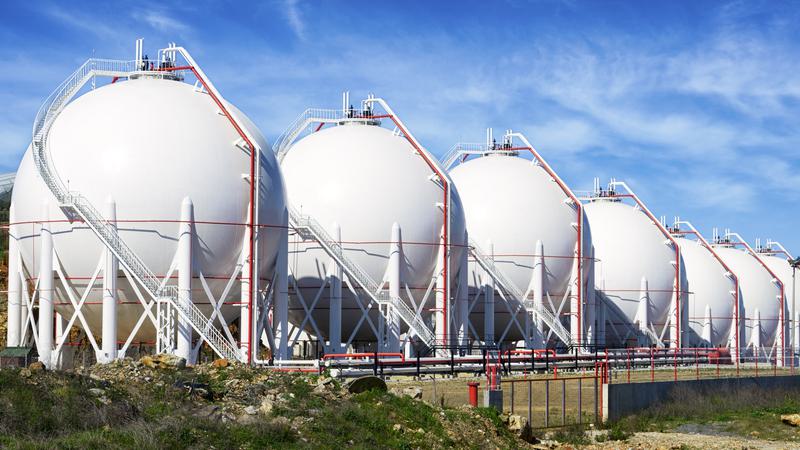Antitrust and Competition Challenges in the Energy and Utilities Sector

Antón Garcia discusses the key trends and issues shaping the energy and utilities sector, the likely effects of economic volatility stemming from the COVID-19 pandemic and recent trends in oil prices, and advises companies on how to evaluate and mitigate the competition and antitrust risks in a Q&A with Financier Worldwide.
What are the likely effects of economic volatility stemming from the COVID-19 crisis and recent trends in oil prices?
The COVID-19 crisis has seen the price of both oil and gas reach historic lows. Futures prices suggest that it may take several years for prices to reach pre-COVID-19 levels. Lower oil and gas prices may also dampen the incentives for electrification, renewable energy sources (RES) penetration and energy efficiency.
What are the substantive competition/antitrust issues that energy and utilities companies need to consider?
Energy companies, and particularly oil and gas companies, have been hit hard by the COVID-19 crisis. This may pave the way for a wave of consolidation where weaker companies are taken over by stronger rivals. We may also see a resurgence of industrial policy and of policies aimed at supporting national champions. This may result in increased subsidies for energy companies that are considered ‘strategic’ and a greater push by national governments to include industrial policy considerations in merger and, where relevant, State aid control.
Have there been any significant legal or regulatory developments in competition/antitrust law?
The adoption by the German competition authority and energy regulator of the guidelines for the control of abusive practices by electricity generators in 2019 merits attention. The guidelines establish that prices above marginal costs are legitimate if required by a dominant supplier to cover the costs of its generation park. While this cost sufficiency defense has been argued by generators before, it is the first time it has been explicitly accepted by an authority.
What issues and challenges are emerging in connection with applying leniency in competition/antitrust cases?
In Europe, there has been evidence of a slowdown in cartel cases probably due to risks perceived by potential leniency applicants from follow-on damages. Although traditional cartel cases are infrequent in the energy sector, this issue could also affect any potential whistleblowers in the energy sector.
What advice would you offer to energy and utilities companies on meeting their competition/antitrust and regulatory obligations?
If a substantial risk is detected, companies should bring in external counsel and economists early on. Treat antitrust compliance as a form of insurance. The risks are large in the form of fines, follow-on damages and reputational damages. While companies should aim to get the best value for money, they certainly do not want the cheapest coverage in the market.
What will be the prevailing issues for competition/antitrust issues in the energy & utilities sector over the coming months?
In the EU, we are likely to see State aid cases in the electricity sector. Member states will move to review their capacity payments and RES support schemes to attract the required investment to ensure they meet security of supply and environmental objectives. A case to watch is the legal challenge initiated by German municipal suppliers against the EC’s decision in the E.ON / Innogy asset swap. Following the UK capacity market and OPAL decisions, another reversal in the EU courts would weaken the EC’s credibility in energy matters, which is likely to result in more challenges to its decisions in the future.


